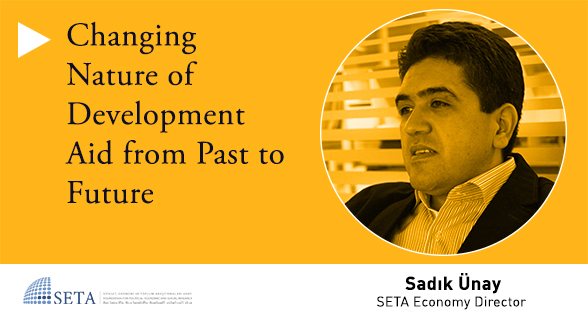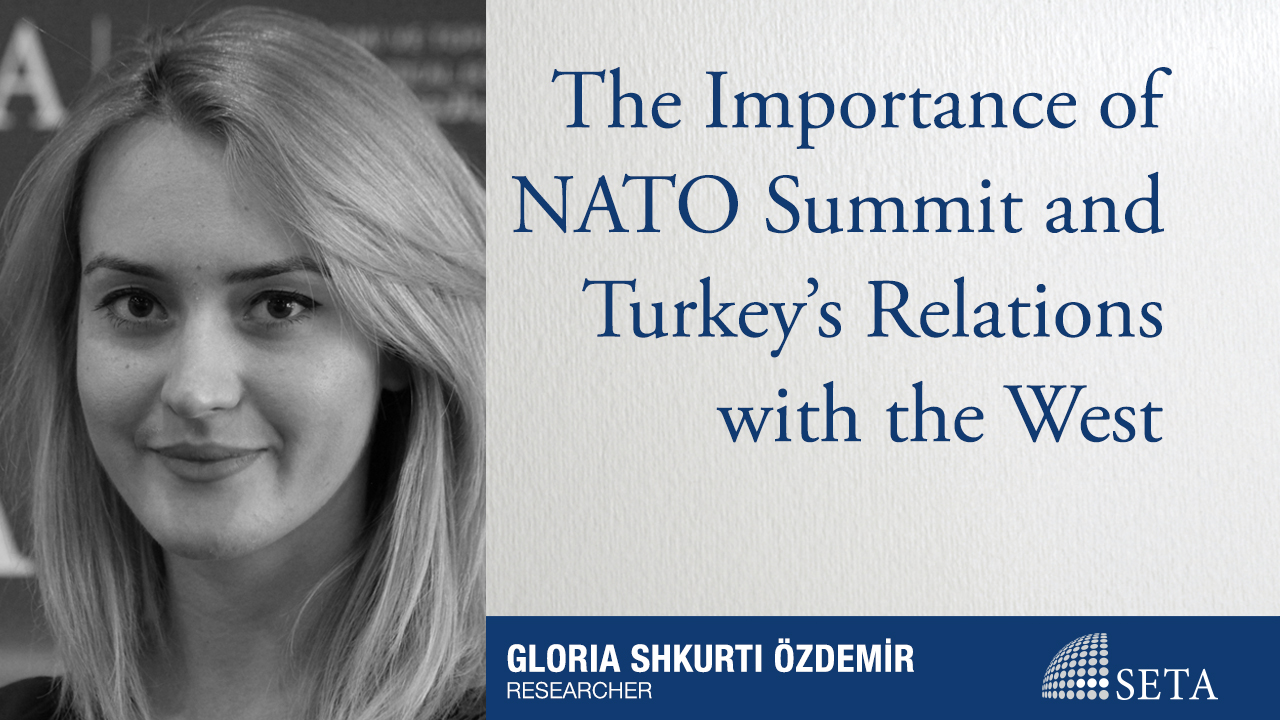The Conference of Changing Nature of Development Aid from Past to Future was held in SETA İstanbul with the participation of international academics and guests. Sadık Ünay, the Economy Director of SETA, had a speech about the experience of Turkey on foreign aid and development cooperation issue.
Acknowledging the global shift of politics and economy from Atlantic to the East Asian axis, Ünay states that foreign aid has become a crucial ingredient on the agenda of Asian emerging countries, and Turkey is not exception to this.
Traditionally, during the Cold War period, Turkey had been a net recipient of foreign aid, particularly military aid from US-NATO alliance in order to maintain the cordial diplomacy and relationship with the Western World. However, the picture began to change after the dissolution of Soviet Union. In 1990s, the matter of how to approach the new states in Caucasia and Central Asia had forced the policy makers in Turkey to develop aid policies through need-based approach. This fact led to the transformation of Turkey into a donor country from a recipient position. Despite the significant initiatives at that period like the establishment of TIKA, the turbulent economic and political environment of Turkey interrupted the country in implementing effective foreign aid policies.
Domestic political and economic stability was achieved in Turkey with the single party government (AK Party) after 2002 which has led to the expansion of foreign aid and development cooperation accordingly. The foreign aid budget increased dramatically from $ 61 million to the level of $3 billion. Geographical scope as well has extended to the regional habitat of Turkey covering the Balkans, Caucasia and Central Asia.
Unay states that foreign aid policies shape into a global form from a regional characteristic as the economy develops in a country that is as well correct for Turkey. Thanks to the remarkable economic development in the last decade, Turkey has extended its foreign aid policies to the countries such as Afghanistan, Somali and Yemen which fall outside the sphere of traditional habitat of Turkey. TIKA has also plans to open offices in Latin America and Africa.








